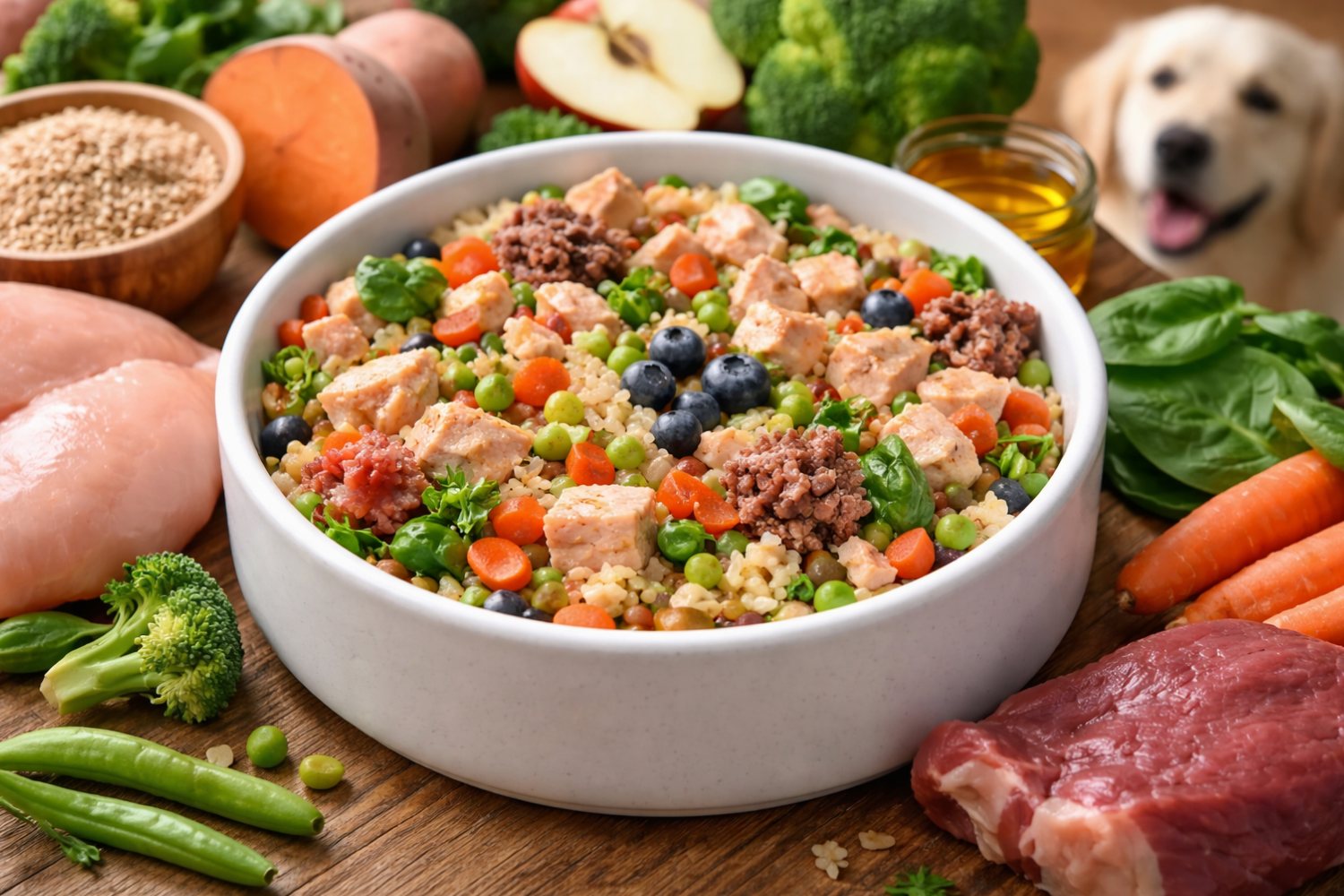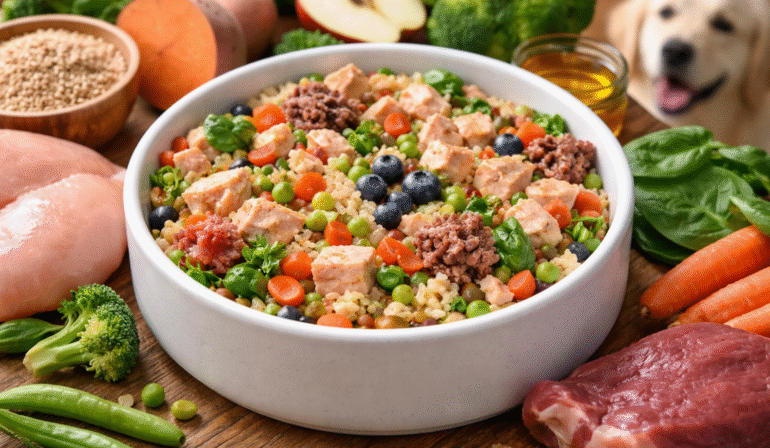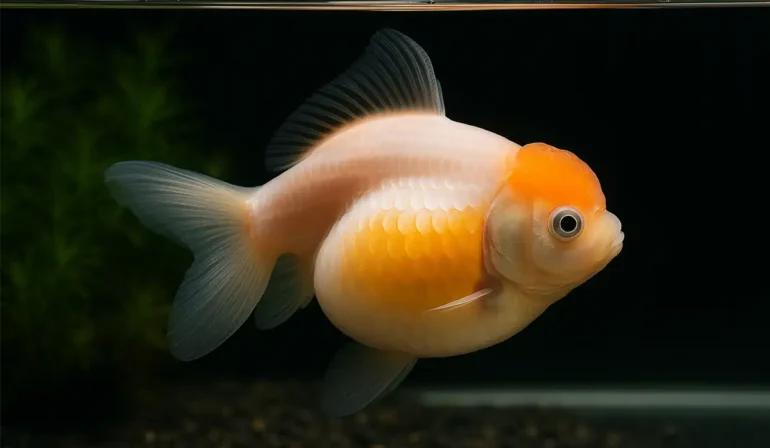Dog Dental Cleaning: The Ultimate Guide to Your Pup’s Oral Health
By Pet Luvz on February 27, 2025

Table of Contents
Introduction
Believe it or not, most dogs start facing dental issues as early as three years old. Many pet owners focus on feeding, exercise, and grooming but often overlook their furry friend’s dental health. Just like humans, dogs need regular dental care to stay healthy and avoid serious health complications. Ignoring oral hygiene can lead to painful infections, tooth loss, and even systemic diseases affecting the heart, liver, and kidneys.
A good dental care routine can prevent costly veterinary procedures down the line and improve your dog’s quality of life. Regular cleanings, proper diet, and appropriate chew toys can go a long way in maintaining healthy teeth and gums. But how do you know when your dog needs dental care, and what are the best ways to keep their teeth clean? We’ve got you covered!
Learn more about the importance of pet dental health from the American Veterinary Dental College.
For more helpful pet care tips, visit PetLuvz, your go-to source for pet wellness.
Why Dog Dental Cleaning Matters
Maintaining your dog’s dental hygiene is crucial for their overall health, not just for fresh breath. Here’s why dental care is essential:
- Prevents Bad Breath: No one likes a smelly dog breath! Regular cleaning keeps their mouth fresh.
- Avoids Gum Diseases: Plaque buildup can lead to painful gum diseases like gingivitis and periodontitis.
- Prevents Tooth Loss: Dental disease can cause teeth to loosen and fall out.
- Reduces Risk of Organ Damage: Bacteria from oral infections can spread to the heart, kidneys, and liver. Read more about this at VCA Animal Hospitals.
Signs Your Dog Needs Dental Cleaning
- Persistent Bad Breath: A foul odor coming from your dog’s mouth is often a sign of bacteria buildup or infection.
- Yellow or Brown Tartar Buildup: If you notice discoloration on your dog’s teeth, it’s a sign of plaque hardening into tartar.
- Swollen or Bleeding Gums: Red, inflamed, or bleeding gums indicate possible gingivitis or periodontal disease.
- Difficulty Eating or Chewing: If your dog avoids hard food or shows discomfort while eating, their teeth or gums may be in pain.
- Excessive Drooling: A sudden increase in drooling can be a response to oral discomfort or infection.
- Pawing at the Mouth: Dogs experiencing tooth pain may paw at their mouths frequently.
- Reluctance to Play with Chew Toys: If your dog stops playing with chew toys, it could mean they have sensitive or painful teeth.
- Weight Loss Due to Difficulty Eating: If dental pain prevents your dog from eating properly, it can lead to unintended weight loss.
If you notice any of these symptoms, it’s time to step up your dog’s dental care routine.
How Often Should You Clean Your Dog’s Teeth?
- Daily brushing is ideal, but at least 3-4 times a week is recommended.
- Professional cleanings should be done once a year or as advised by your vet.
- Dental chews and water additives can be used for extra cleaning support.
- Diet and chewing habits impact dental health, so provide safe chew toys and crunchy foods that help clean teeth.
- Age and breed play a role—small breeds and older dogs often require more frequent cleanings.
Best Methods for Cleaning Your Dog’s Teeth
Brushing Your Dog’s Teeth
- Use a dog-friendly toothbrush and toothpaste.
- Start slow and make it a positive experience.
- Gently brush in circular motions.
- Reward your dog afterward! Check out the American Kennel Club’s guide on how to properly brush your dog’s teeth.
Professional Dog Dental Cleaning
- A vet performs a thorough cleaning under anesthesia.
- Removes tartar and plaque from below the gumline.
- Helps prevent serious dental diseases.
Dental Chews and Toys
- Chewing helps scrape off plaque.
- Look for vet-approved chews.
- Use daily for best results. See a list of recommended dental chews at PetMD.
Water Additives and Dental Sprays
- Helps kill bacteria in the mouth.
- Easy to use—just add to drinking water!
- A great supplement to brushing.
Conclusion
Dog dental care is essential for their overall health and well-being. By brushing regularly, using dental chews, and scheduling vet cleanings, you can keep your furry friend’s teeth in top shape. A little effort goes a long way in preventing serious health issues and ensuring your pup stays happy and healthy!
Please don’t forget to leave a review.
Explore more by joining me on Patreon
FAQs
1. How can I make my dog enjoy tooth brushing?
Use flavored toothpaste (like chicken or peanut butter), introduce it gradually, and reward them after brushing.
2. What happens if I never clean my dog’s teeth?
They can develop severe dental diseases, leading to pain, tooth loss, and even organ damage.
3. Are raw bones good for dog dental health?
Some raw bones help scrape off plaque, but they can also break teeth. Always supervise your dog.
4. How much does a professional dog dental cleaning cost?
Costs range from $200 to $700, depending on your location and vet services.
Final Thoughts
Caring for your dog’s teeth doesn’t have to be complicated. With the right tools and a consistent routine, you can maintain your pup’s dental health effortlessly. Start incorporating these dental care habits today, and your furry friend will thank you with a bright, healthy smile for years to come!
Please don’t forget to leave a review.
Explore more by joining me on Patreon
YOU MAY ALSO LIKE
Top Pick
-

7 Proven Benefits of Fresh Pet Dog Food for Daily Health
January 11, 2026
-

African Grey Parrot: A Smart, Loving, and Talkative Companion
July 22, 2025
-

5 Best Canister Filters for Crystal Clear Water in Your Pet Fish Tank
July 8, 2025
-

Is Pumpkin Good for Cats? Everything You Need to Know
July 5, 2025
-

Swim Bladder Treatment: Solutions for Aquarium Fish Health
July 3, 2025











